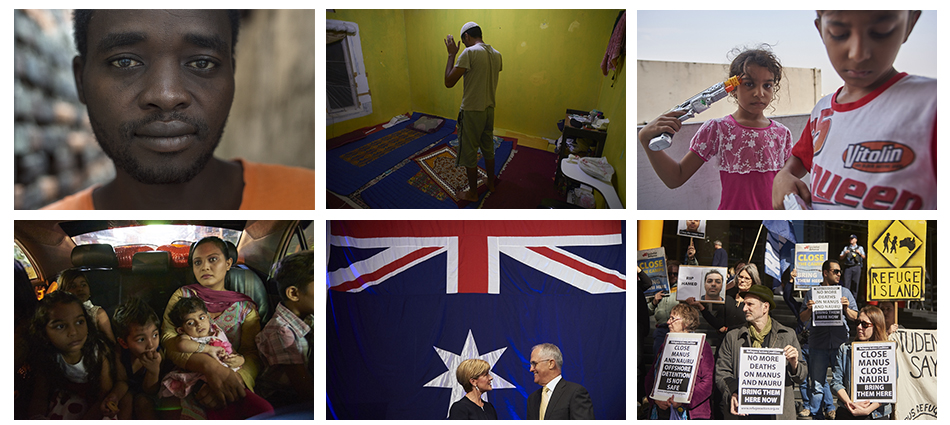Aaron Bunch Journalist with Australian Associated Press | Collection of published work | + 61 484 008 119 | abunch@aap.com.au

Kumanjayi’s scissors wouldn’t have killed
A forensic expert has told Constable Zachary Rolfe’s murder trial that Kumanjayi Walker’s scissors would not have killed the policeman.
February 22, 2022
The scissors Kumanjayi Walker stabbed Constable Zachary Rolfe with could not have killed the policeman, a forensic pathologist has told a jury.
Rolfe is accused of murder after shooting the Aboriginal teenager three times during a failed arrest attempt in Yuendumu, 290km northwest of Alice Springs, on November 9, 2019.
The 19-year-old died on the floor of the local police station 74 minutes after the second fatal shot ripped through the teen’s spleen, liver, left kidney and right lung.
The constable is fighting the charge, saying he was doing his job and defending himself from a violent offender who had stabbed him in the shoulder with a pair of scissors.
Prosecutors have conceded the first shot, which was fired while Mr Walker was standing and resisting arrest, was justified.
But they say the second and third shots went “too far” because the teen was “effectively restrained” on the ground by another officer when Rolfe pulled the trigger.
Pathologist Marianne Tiemensma performed an autopsy on Mr Walker’s body three days after he died.
She told the Northern Territory Supreme Court on Tuesday that the teen had no scissor injuries on his hands and they were likely to have been closed when he stabbed Rolfe.
Asked whether the “small and blunt scissors” could have killed Rolfe or his partner Constable Adam Eberl, Dr Tiemensma said it was unlikely.
“I do not think he would have been able to generate enough force to overcome all of the resistance and go into the skin and soft tissue and structures of importance to cause significant injury,” she said.
Dr Tiemensma said she had watched body-worn camera footage of the shooting incident and Const Eberl had control of Mr Walker within seconds.
“From the moment the scissors are withdrawn from his right pocket … In less than three seconds he is far too restrained by Eberl who is moving in from behind Kumanjayi’s back, grabbing him around the shoulder and neck, so that was very fast,” she said.
“I don’t think these scissors could have caused fatal injury. Fatal stab wounds by scissors are not common.”
Dr Tiemensma also found that Rolfe’s first shot into the right side of the teen’s back would not have killed him.
“It did not really travel very far. It just got stuck in a large muscle group … adjacent to the spine,” she said.
“It caused minimal injuries to some structures. Not to the vascular structures. It did not result in excessive bleeding.
“If untreated over time it could cause trouble but in the immediate first hours and days after it was inflicted I do not think it was going to cause a fatal injury.”
She said Mr Walker had a very low blood alcohol level the night he died and an insignificant amount of cannabis in his system.
Earlier, military surgeon Michael Reade said Rolfe’s second shot may not have killed Mr Walker had there been trained medical staff in Yuendumu.
An autopsy found Mr Walker died from breathing difficulties caused by a collapsed lung and blood loss.
Dr Reade said nursing staff at the local clinic may have been able to keep him alive long enough to get him to Alice Springs for lifesaving surgery.
But they had fled the community of about 800 over safety concerns earlier in the day after their homes were broken into the night before.
The trial continues.